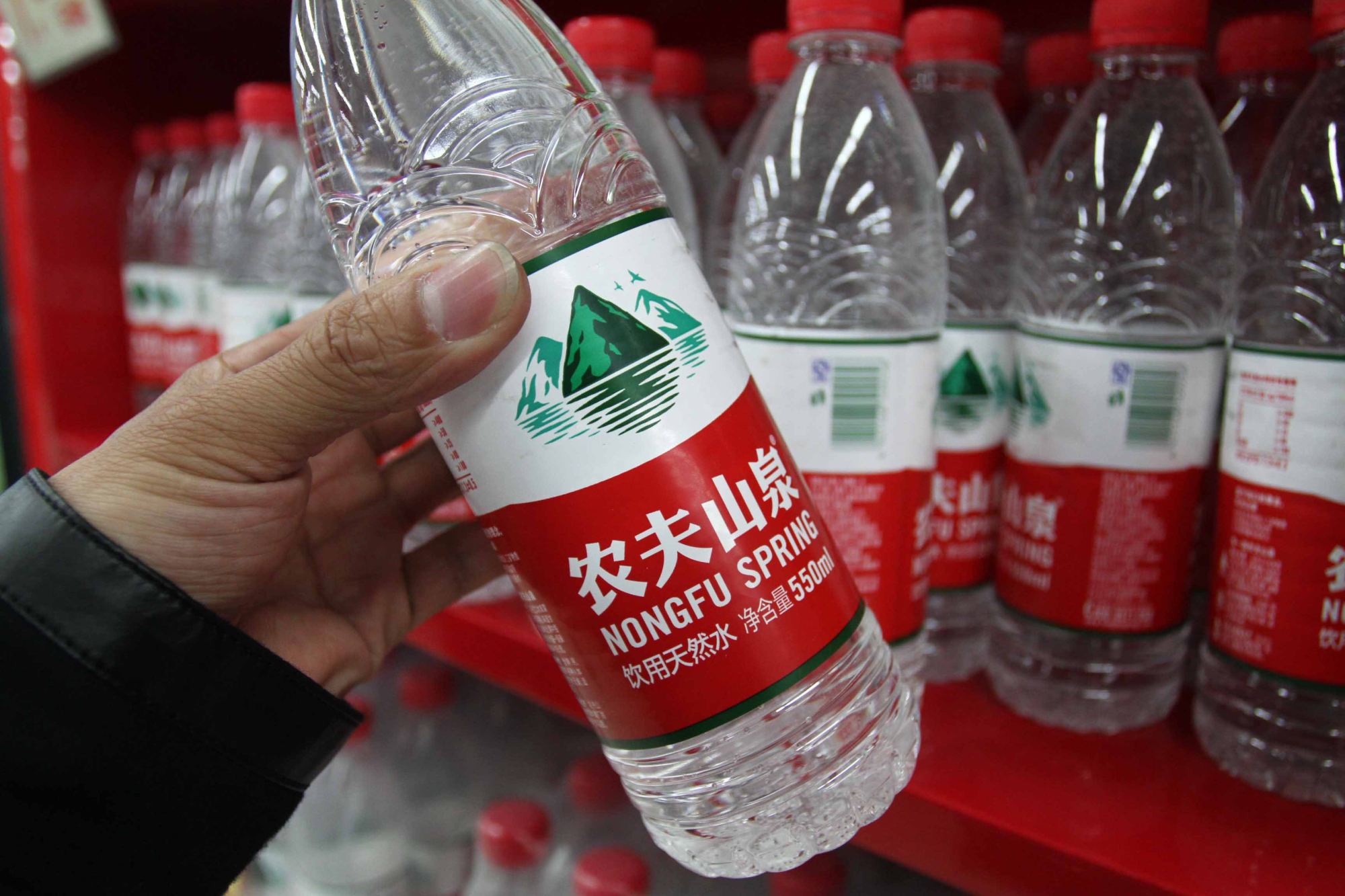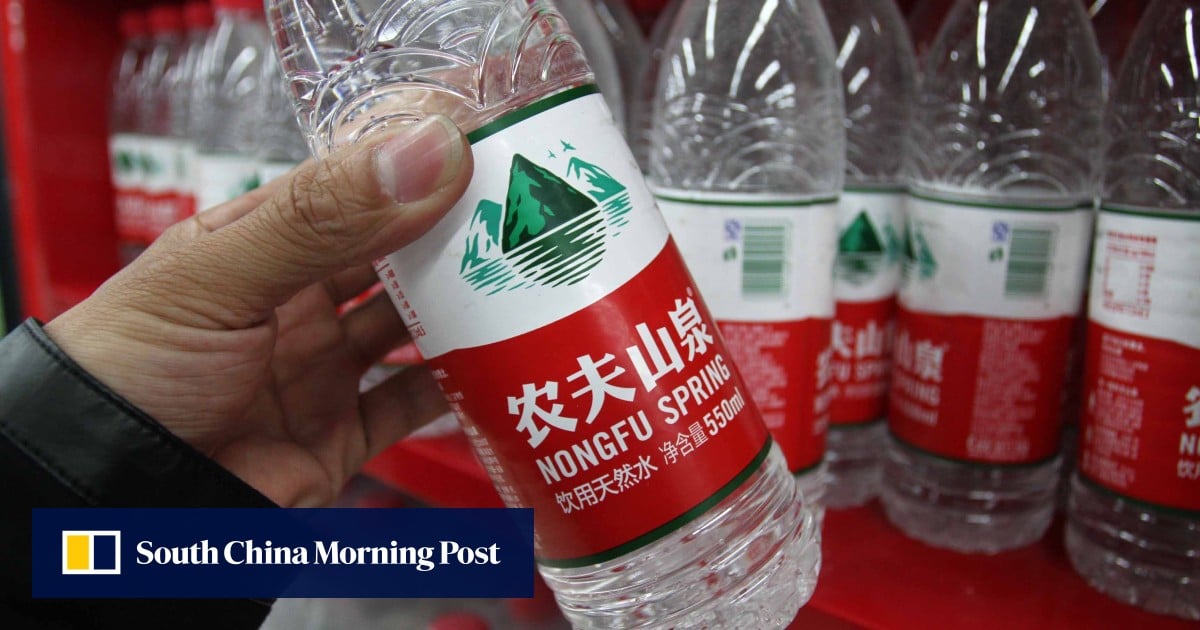China’s drinks giant Nongfu Spring, the country’s largest bottled water producer, has become the latest target in a series of attack campaigns from an increasingly vocal constituency of nationalists online, prompting concerns over what effect this group may have on an already fragile private sector.
The company, helmed by China’s wealthiest individual Zhong Shanshan, has fallen under a wave of criticism for the perceived Japanese styling of its packaging, just days after it came under fire for Zhong’s competition with another water brand and his son’s American citizenship.
This reactive trend in online opinion presents yet another challenge for China’s private businesses, even as the government has vowed to support them to jump-start the slowing economy.

Angry consumers and retailers initiated a boycott of Nongfu Spring’s products after rumours spread the company was using pictures of Japanese religious buildings on its packaging, though the bottler said last week the designs are artistic creations based on a Chinese temple.
The controversy reached a fever pitch as online content creators began to post videos of themselves pouring Nongfu Spring water into toilets, and two 7-Eleven convenience stores in Jiangsu province pledged in a statement last Friday not to sell any of the company’s products, calling it a business that “reveres Japan”.
‘Let common sense prevail’, Chinese business leader urges Beijing
‘Let common sense prevail’, Chinese business leader urges Beijing
Zhong denied the allegations in a statement earlier this month, but that did little to quell the firestorm – shortly thereafter others condemned his son, Nongfu Spring non-executive director Zhong Shuzi, for holding a US passport.
Zhou Dewen, head of an association representing small and medium-sized enterprises in Wenzhou, Zhejiang province, said nationalism is an obstacle to rebuilding confidence among private companies.
“What’s most dreadful is to attack people and things that are leading the way in the name of patriotism,” he said. “We must stay sober and not be coerced by public opinion. Economic recovery is not about talking, but action.”
Noting that Wahaha and Nongfu Spring, both based in the private business hub of Zhejiang, are outstanding domestic firms that deserve praise rather than attacks, he said, “Nongfu Spring makes great contributions to the Chinese economy and society – just imagine how much tax it has paid.”
Zhong ranked first in the 2023 Forbes list of China’s 100 Richest with an estimated wealth of US$60.1 billion. He remained at the top of the ranking for the third year in a row, despite a decline in fortunes amid economic challenges.
Wu Fang, a professor at Shanghai University of Finance and Economics’ business college, said when “nationalism prevails” entrepreneurs need to keep a low profile.
“They need to avoid the spotlight, because issues such as their nationality and personal beliefs are likely to be exaggerated in such an era.”

